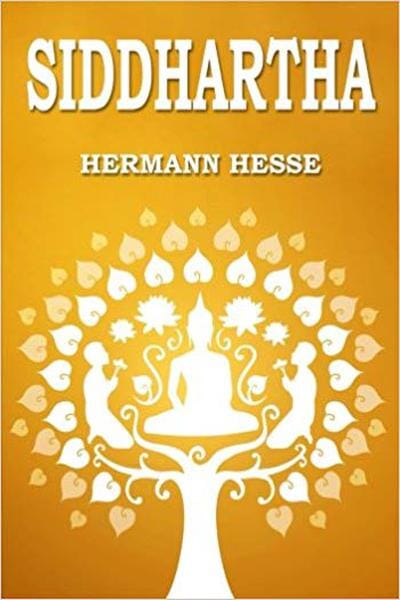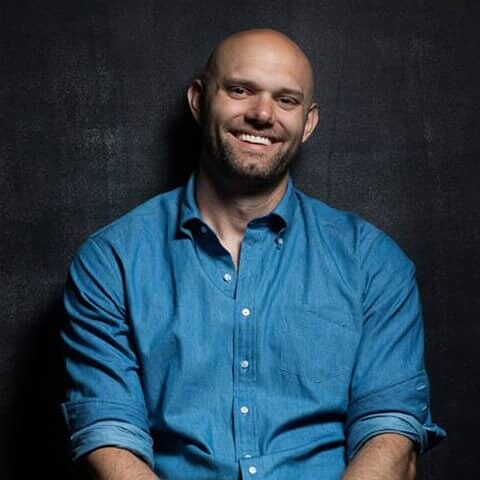 author
authorDiscover the Best Books Written by Hermann Hesse
Hermann Karl Hesse was a German-Swiss poet, novelist, and painter. His best-known works include Francis of Assisi, Demian, Steppenwolf, Siddhartha, and The Glass Bead Game, each exploring an individual's search for authenticity, self-knowledge, and spirituality. In 1946, he received the Nobel Prize in Literature. Hermann Karl Hesse was born on 2 July 1877 in the Black Forest town of Calw in Württemberg, German Empire.
His grandparents served in India at a mission under the auspices of the Basel Mission, a Protestant Christian missionary society. His grandfather Hermann Gundert compiled a Malayalam grammar and a Malayalam-English dictionary and contributed to translating the Bible into Malayalam in South India. Hesse's mother, Marie Gundert, was born at such a mission in South India in 1842.
In describing her own childhood, she said, "A happy child I was not..." As was usual among missionaries then, she was left behind in Europe at the age of four when her parents returned to India. Hesse's father, Johannes Hesse, the son of a doctor, was born in 1847 in Weissenstein, Governorate of Estonia, in the Russian Empire (now Paide, Järva County, Estonia). Johannes Hesse belonged to the Baltic German minority in the Russian-ruled Baltic region. Thus, his son Hermann was, at birth, a citizen of both the German and Russian Empires.
Hermann had five siblings, but two of them died in infancy. In 1873, the Hesse family moved to Calw, where Johannes worked for the Calwer Verlagsverein, a publishing house specializing in theological texts and schoolbooks. Marie's father, Hermann Gundert (also the namesake of his grandson), managed the publishing house at the time, and Johannes Hesse succeeded him in 1893.
Hesse grew up in a Swabian Pietist household, with the Pietist tHermann's mother Marie wrote in a letter to her husband—itHermann'sendency to insulate believers into small, deeply thoughtful groups. Furthermore, Hesse described his father's Baltic German heritage as "an important and potent fact" of his developing identity. His father, Hesse, stated, "always seemed like a very polite, very foreign, lonely, little-understood guest." His father's tales from Estonia instilled a contrasting sense of religion in young Hermann.
"[It was] an exceedingly cheerful, and, for all its Christianity, a merry world... We wished for nothing so longingly as to be allowed to see this Estonia... where life was so paradisiacal, so colorful and happy." Hermann Hesse's sense of estrangement from the Swabian petite bourgeoisie grew further through his relationship with his maternal grandmother Julie Gundert, née Dubois, whose French-Swiss heritage kept her from ever quite fitting in among that milieu.
From childhood, Hesse was headstrong and hard for his family to handle. In a letter to her husband, Hermann's mother Marie wrote: "The little fellow has a life in him, an unbelievable strength, a powerful will, and, for his four years of age, a truly astonishing mind. How can he express all that? It truly gnaws at my life, this internal fighting against his tyrannical temperament, his passionate turbulence [...] God must shape this proud spirit, then it will become something noble and magnificent – but I shudder to think what this young and passionate person might become should his upbringing be false or weak."
Hesse showed signs of serious depression as early as his first year at school. In his juvenilia collection Gerbersau, Hesse vividly describes experiences and anecdotes from his childhood and youth in Calw: the atmosphere and adventures by the river, the bridge, the chapel, the houses leaning closely together, hidden nooks and crannies, as well as the inhabitants with their admirable qualities, their oddities, and their idiosyncrasies.
The fictional town of Gerbersau is pseudonymous for Calw, imitating the real name of the nearby town of Hirsau. It is derived from the German words gerber, meaning "tanner," and are, meaning "meadow". Calw had a centuries-old leather-working industry, and during Hesse's childhood, the tanneries' influence on the town was still very much in evidence. Hesse's favorite place in Calw was the St. Nicholas Bridge (Nikolausbrücke), so a Hesse monument was built there in 2002.
Hermann Hesse's grandfather Hermann Gundert, a doctor of philosophy and fluent in multiple languages encouraged the boy to read widely, giving him access to his library, which was filled with works of world literature. All this instilled a sense in Hermann Hesse that he was a citizen of the world. His family background became, he noted, "the basis of an isolation and a resistance to any sort of nationalism that so defined my life."
Young Hesse shared a love of music with his mother. Both music and poetry were important in his family. His mother wrote poetry, and his father was known for his use of language in both his sermons and the writing of religious tracts. His first role model for becoming an artist was his half-brother, Theo, who rebelled against the family by entering a music conservatory in 1885. Hesse showed a precocious ability to rhyme and, by 1889–90, had decided that he wanted to be a writer.
In 1881, when Hesse was four, the family moved to Basel, Switzerland, staying for six years and then returning to Calw. After successfully attending the Latin School in Göppingen, Hesse entered the Evangelical Theological Seminary of Maulbronn Abbey in 1891. The pupils lived and studied at the abbey, one of Germany's most beautiful and well-preserved, attending 41 hours of classes a week.
Although Hesse did well during the first months, writing in a letter that he particularly enjoyed writing essays and translating classic Greek poetry into German, his time in Maulbronn was the beginning of a serious personal crisis. In March 1892, Hesse showed his rebellious character, and, in one instance, he fled from the Seminary and was found in a field a day later. Hesse began a journey through various institutions and schools and experienced intense conflicts with his parents.
In May, after an attempt at suicide, he spent time at an institution in Bad Boll under the care of theologian and minister Christoph Friedrich Blumhardt. Later, he was placed in a mental institution in Stetten im Remstal and then a boys' institution in Basel. At the end of 1892, he attended the Gymnasium in Cannstatt, now part of Stuttgart. In 1893, he passed the Year Examination, which concluded his schooling. The same year, he began spending time with older companions and took up drinking and smoking.
After this, Hesse began a bookshop apprenticeship in Esslingen am Neckar but quit after three days. Then, in the early summer of 1894, he began a 14-month mechanic apprenticeship at a clock tower factory in Calw. The monotony of soldering and filing work made him turn himself toward more spiritual activities.
In October 1895, he was ready to begin a new apprenticeship with a bookseller in Tübingen wholeheartedly. This experience from his youth, especially his time spent at the Seminary in Maulbronn, he returns to later in his novel Beneath the Wheel.
Best author’s book
























